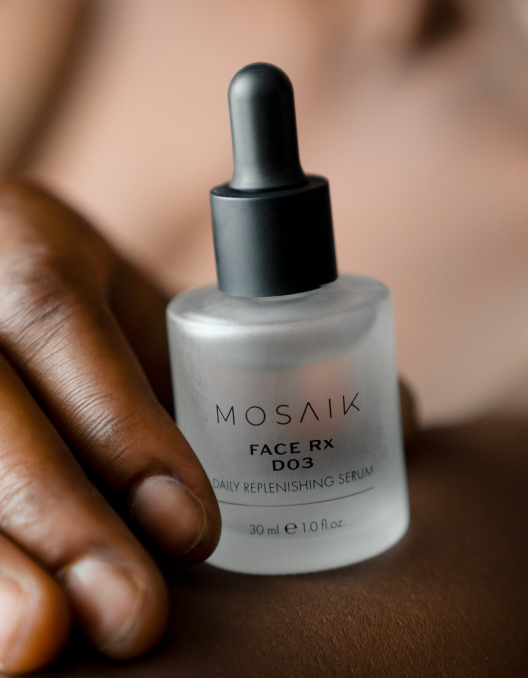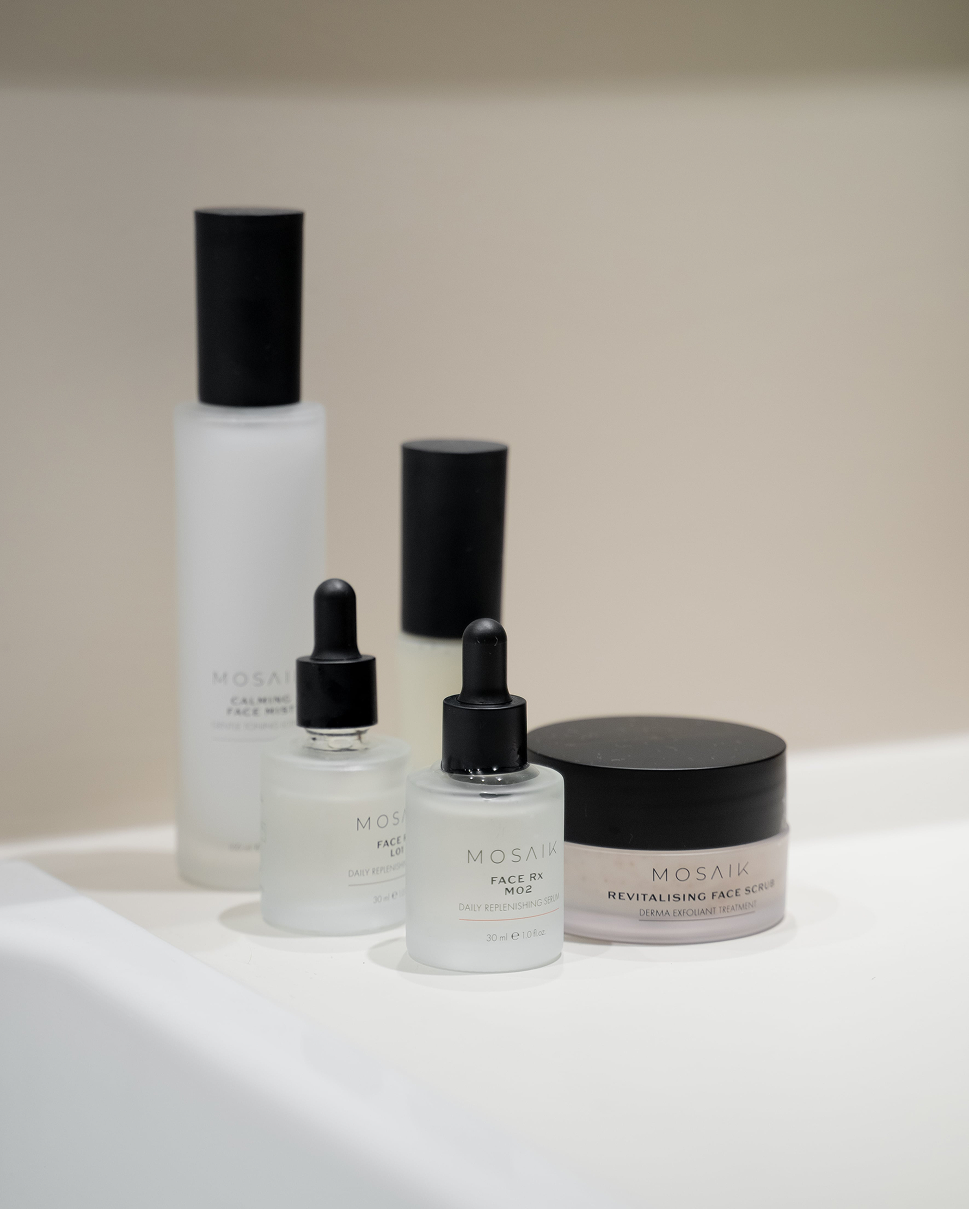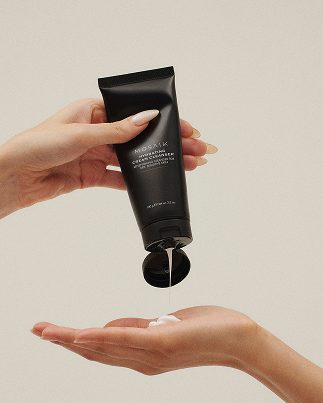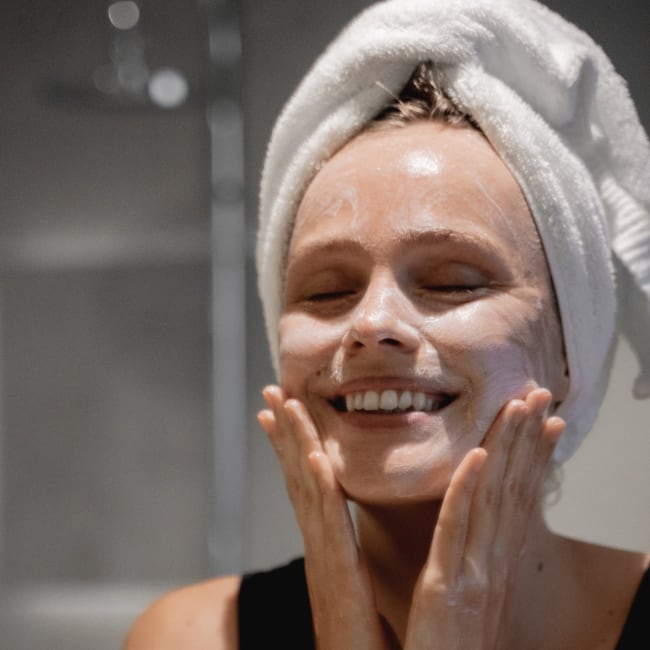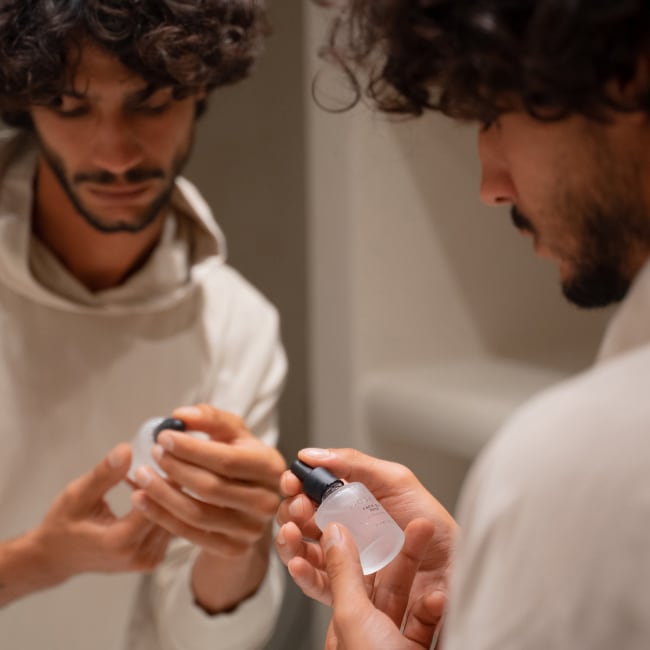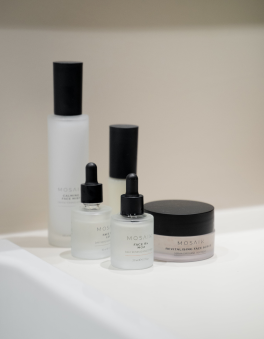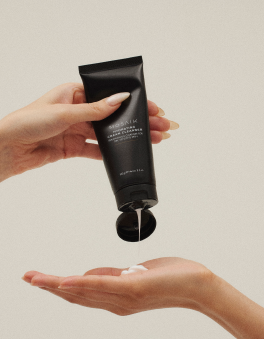Your guide to one of the most powerful skin antioxidants you can easily add to your daily beauty routine: vitamin C.
It’s hard to open up a beauty magazine these days without seeing page after page of the latest offerings from some of the world’s largest cosmetic brands featuring reformulated creams and serums full of yes…vitamin C. As much as we are familiar with the vitamin and have the basic knowledge that it’s good for us, for the most part, it stops with eating an orange (keep reading to find out their vitamin c content) or the tablets we take religiously to fend off a cold during the flu season.
Truth is, vitamin C has become a staple beauty item over the recent years. According to experts and Dermatologists, there’s really no wonder why: the micronutrient is said to improve discolouration, brighten skin, help combat, and treat acne—and even reduce fine lines and wrinkles. So, we get it—it’s essential, but why and how should you be using vitamin C? And more importantly—is it effective?
While reading product reviews may be a decent way to get a feel for the reliability of different Vitamin C products, we went straight to the pros, the Dermatologists, and skin experts. Luckily for me, I have access to several at arms reach having a father as a Dermatologist who celebrated his 40th anniversary of practicing medicine–Thanks, Dad!—and here’s what he had to share with me.
1. It’s An Ultra-Versatile Vitamin
Vitamin C improves skin elasticity, decreases the appearance of wrinkles by stimulating collagen synthesis, boosts the skin’s immune system, and repairs damages caused by external elements. In busy cosmopolitan cities, our skin is exposed to a variety of environmental pollutants such as radiation, vehicle exhaust fumes, Cancer-causing free radicals, and of course sunlight. These pollutants break down collagen, stressing the skin, and accelerating the ageing process. Vitamin C serum helps to counter this process.
This molecule is also an important nutrient for our immune system. It helps our bodies fight off inflammation and bacterial infections that could be the culprit of redness, face swelling, and overall dull or unfavourable skin condition.
2. It’s the Perfect Rejuvenate and Repair Skincare Remedy
Knowing the composition of vitamin C serum helps us grasp the reasoning behind the effects it has on our skin. As well as being a rejuvenation skincare remedy that helps to gently brighten and smooth your skin, overall, vitamin C is one of the most powerful antioxidants out there.
Antioxidants neutralise free radicals, which can damage proteins, lipids, and DNA in your skin causing cell damage. Since it is essential for the production of collagen in the body, it makes sense that it helps prevent and reverse the signs of ageing.
It also has skin brightening effects, thanks to the vitamin’s role in inhibiting tyrosinase. Tyrosinase is a key enzyme in producing pigment in our skin. By inhibiting that function, vitamin C will lighten any discolouration from sun damage, age spots, or acne scars with consistent use.
What To Look For When Shopping
Before you add vitamin C to your skincare regimen, it’s important to know that our bodies don’t naturally produce vitamin C. This means that you have to absorb it through food or apply it topically to the skin. While the majority of skincare products these days do have vitamin C in their ingredients list, most often, these products do not have the best yielding results due to the lack of proper formulation.
Vitamin C based-products come in gels, creams, oils, and powders. One of the best forms is a serum: you can layer this lightweight texture under your moisturiser and your makeup. In order for vitamin C to be effective and yield noticeable results, it is crucial that you find a serum that has a high concentration or percentage of vitamin C or l-ascorbic acid. In order to be effective, it has to contain a high concentration as well as stable and high quality derivative of vitamin C. The higher the concentration, the more nutrient within the serum, and the better the result. If you want your skin to go back to the way it used to be or have a healthy glow, it is also important to also take an oral vitamin C supplement, 1000-2000 mg per day.
The Best Way: Natural Intake!
If you’re into a more natural intake of the vitamin, below are fruits, vegetables, and drinks that are packed with vitamin C (quantity of vitamin C for 100 g). Incorporating them into your regular diet will have a number of positive effects on your skin and overall vitality. The recommended daily intake for adult women and men is 100 mg. If you are pregnant, the intake rises to 110 mg and 145 mg for breastfeeding women.
1. Fresh Cherries 1,700 mg
2. Green Kale Juice 1,100 mg
3. Dried Parsley 820 mg
4. Green Tea 260 mg
5. Guava 220 mg
6. Baked Seaweed 210 mg
7. Red Bell Pepper 200 mg
8. Fresh Yuzu (Japanese citrus) 160 mg
9. Yellow Bell Pepper, stir-fried 160 mg
10. Brussels Sprouts 160 mg
11. Golden Kiwi 150 mg
12. Chili Pepper 120 mg
13. Lemon 100 mg
14. Cauliflower/Broccoli (1 cup) 82 mg
15. Large Orange 80mg

